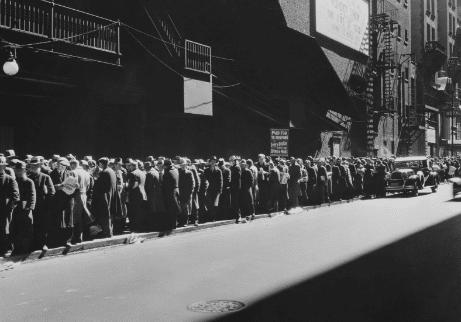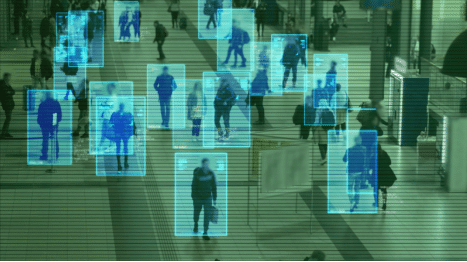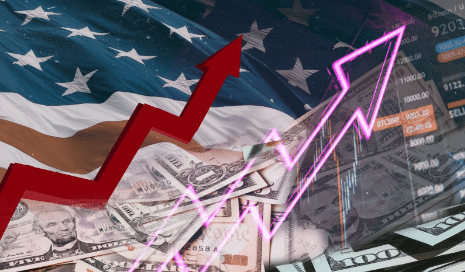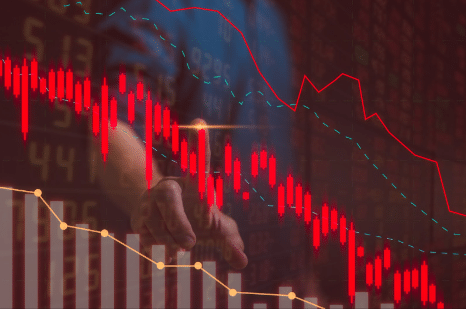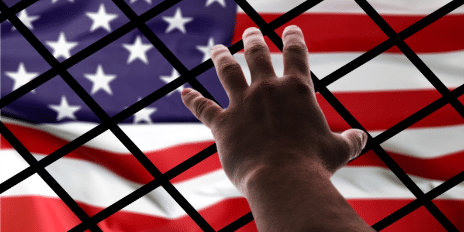
Mass Deportations: The Fed’s Quiet Panic Over America’s Crumbling Workforce
When Neel Kashkari, President of the Minneapolis Federal Reserve, appeared on CBS’s Face the Nation this Sunday, he dropped a few bombs about the potential fallout of Trump’s planned mass deportations of undocumented workers. The government estimates upwards of 10 million undocumented individuals are embedded in the workforce, and yet, somehow, politicians are acting like plucking them out overnight won’t have serious ripple effects.
Kashkari was frank: "If you just assume people are working—in farms, factories, you name it—removing those employees could be disruptive." Disruption is an understatement. He’s talking about removing the labor backbone that holds up sectors Americans rely on for food, housing, and basic goods. But Kashkari, in his carefully constructed Fed-speak, avoided digging too deep into what "disruption" really means here. It’s as if he's leaving the true scale of the impact for us to piece together. This isn’t just a question of “a few businesses”—this is about industries being gutted overnight, left scrambling to replace millions of low-cost, high-output laborers. Who exactly is ready to take on the sweatshop-level labor that many of these jobs entail?
Behind the scenes, the Fed and its allies are caught in a paradox: openly reliant on an illegal labor force while outwardly supporting a government that promises to send that force packing. Even Kashkari admits, "The implications are not entirely clear to me." Not clear? Or not openly discussable? That’s the Fed’s way of saying they’re unsure of how much damage this might do—while they’re simultaneously praying they never have to find out.
Trump’s Deportation Plan: A “Cost-Saving” Move?
The American Immigration Council, a left-leaning think tank, is already estimating the mass deportation price tag at $88 billion per year, a figure that would balloon to nearly a trillion over a decade. Trump, however, seems unbothered by the cost, declaring that “it’s not a question of a price tag” when it comes to national security. But the reality is, he knows, and so do his advisors, that mass deportations are about more than costs—they’re about control, obedience, and showing the American public who’s really running the show.
Yet Scott Bessent, CEO of Key Square Capital and one of Trump’s economic mouthpieces, tried to defend the plan with a twist: “Let’s talk about the human cost,” he said, rattling off the number of fentanyl deaths, increased crime, and “underlying fear” gripping America. The fear part he’s not wrong about, but it’s less about crime and more about economic collapse, inflation spikes, and labor shortages. But somehow, no one’s talking about what happens when labor costs explode, or worse, when labor disappears altogether. Maybe that’s the plan—let the collapse be slow, controlled, so that most people won’t notice it until they’re too deep in to escape.
Tariffs and Tax Cuts: Kashkari’s Inflation Dodge
And if it’s not deportations putting our economy on the chopping block, it’ll be tariffs. Kashkari commented on Trump’s other cornerstone policy: broad tariffs on imports. He noted that while a tariff may create a “one-time increase” in prices, escalating tariffs could cause long-term inflation—essentially a slow drain on every consumer’s wallet, but one we’re all supposed to pretend won’t add up. The thing about these tariffs is that they aren’t just a tax on imported goods; they’re a control mechanism. A way to hike prices while keeping the public’s attention fixed on a boogeyman: China, Mexico, whatever country we’re told to fear today.
But here’s the reality, plain and simple: the elites know they’re sitting on a powder keg. America’s economy is propped up on cheap, foreign, undocumented labor and an unsustainable web of debts and deficits. If that labor disappears, so do the thin profit margins that keep food on shelves and goods affordable. And they’re banking on a combination of media distractions and controlled chaos to keep everyone looking the other way.
Your Call to Action
Wake up, people. It’s time to hedge your bets and get prepared. Download "Seven Steps to Protect Yourself from Bank Failure" by Bill Brocius and start getting serious about protecting your assets. They want you looking the other way while they pull the rug out from under you. Don’t be another statistic—get informed, stay vigilant, and secure your future before it’s too late.
The financial market is crumbling and EVERYONE will be affected. Only those who know what's going on and PREPARE will survive... dare we say thrive. Our 7 Simple Action Items to Protect Your Bank Account will give you the tools you need to make informed decisions to protect yourself and the ones you love.



